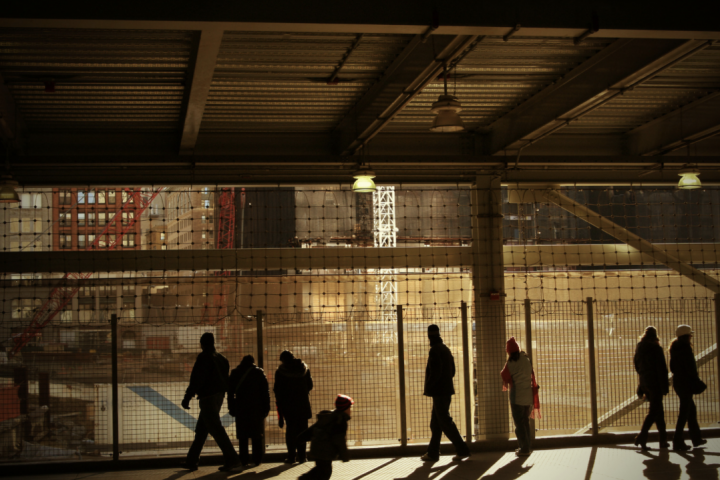The Worker Institute uses research to understand the root cause of problems in the world of work and design long-term solutions that advance collective representation and racial and gender equity. To do this, we apply community-engaged and participatory research methods to our research and evaluation of policies and programs. This reflects our commitment to ensuring that workers themselves are at the center of public discussions and decisions that directly affect them.
Low Wage and Precarious Work
Low Wage and Precarious Work focuses on the conditions of low-wage and contingent workers who have little or no access to important social protections and have limited institutional or legal labor protections. Low wages and precarity in the labor market are at the heart of vulnerability for vast segments of the workforce and such jobs can be found in all sectors and industries. Our research examines how race, gender and immigration status shape workers’ experiences in precarious work structures and explores solutions in the areas of policy, training, and collective representation.
Equity at Work
Equity at Work explores the role of gender and race in the workplace, examining how power inequities enable harassment and abuse. This includes a discussion of current and evolving workers' rights, the workplace contexts in which they currently exist, and individual and organizational interventions that promote respect, equity and justice and strengthen collective representation.
The Worker Institute advances this initiative through both research and training programs.
The Future of Care Work
Learn moreThe Future of Care Work explores the widely devalued, underpaid, and too often difficult, degrading working conditions of care economy jobs. Care workers often face significant stress and trauma in these jobs, and yet face barriers to accessing care themselves. The Future of Care Work advances the needs, voices, and experiences of care workers themselves, identifying long-term solutions that value their labor with good wages and dignified working conditions. The initiative also addresses the stress, trauma, and oppression that care workers face due to the work they are doing and their position as a workforce that is devalued and made up disproportionately of women, people of color, and immigrants
More about our work can be found in Publications and Events.



